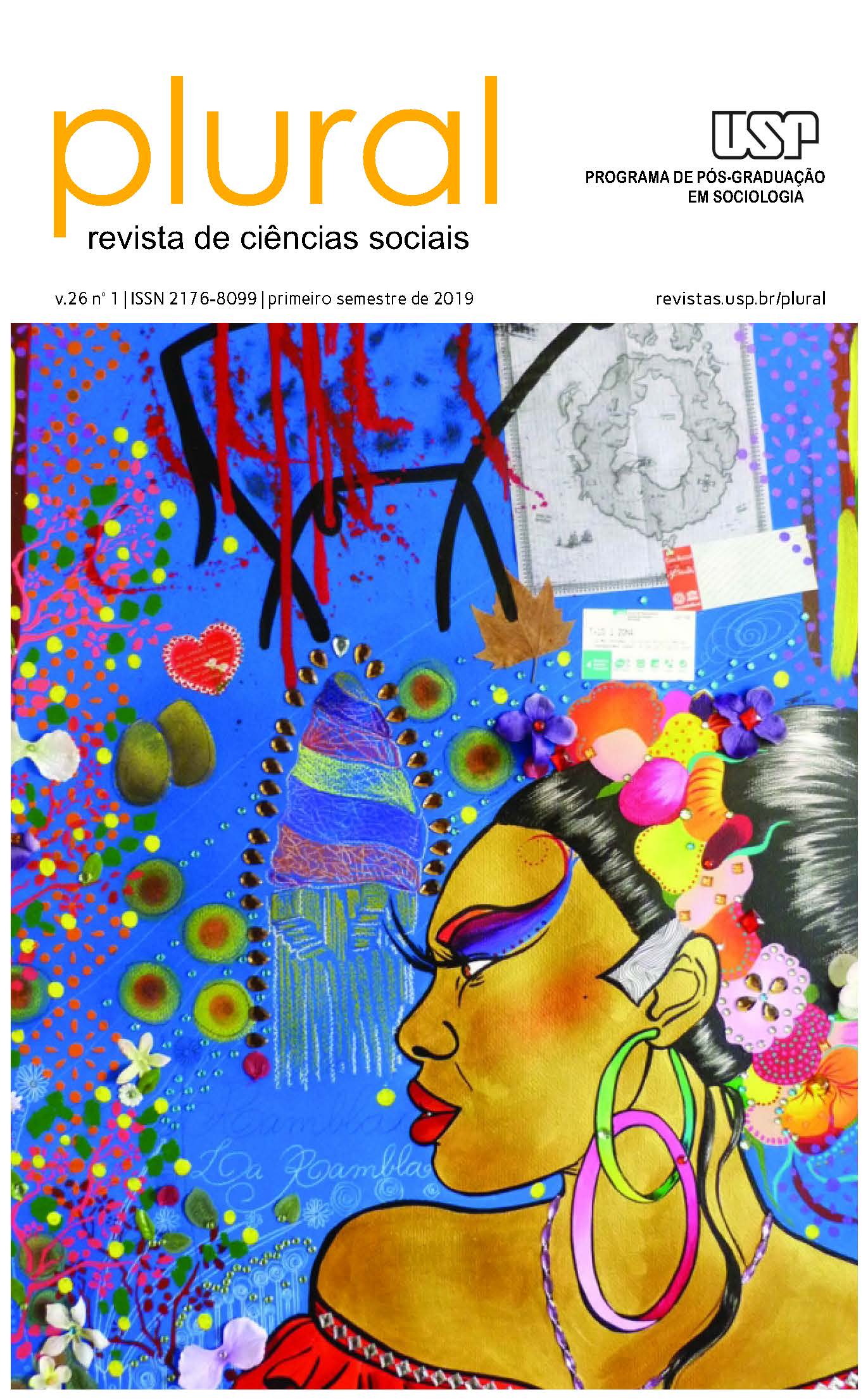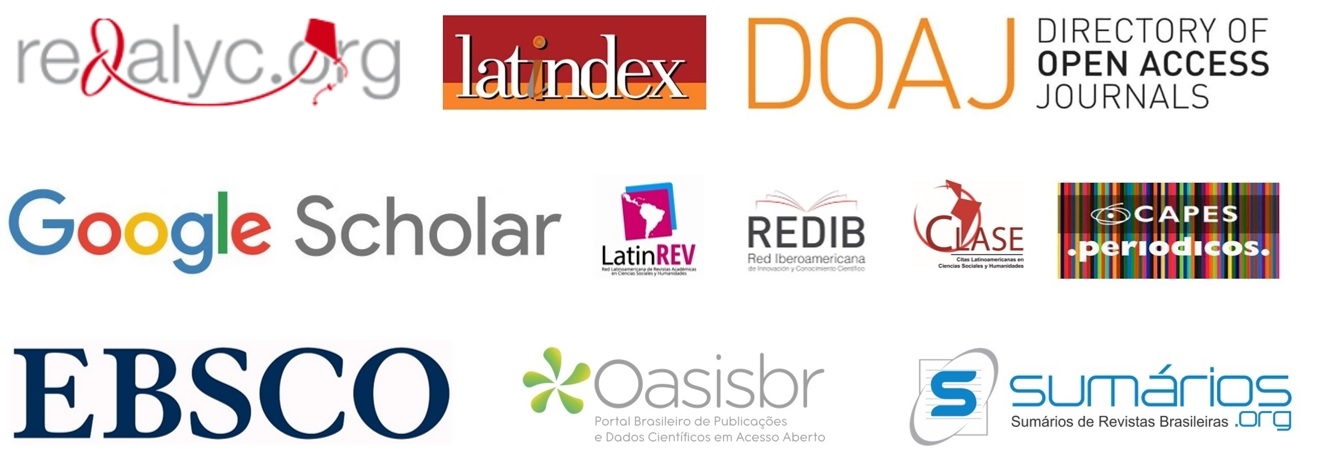Prouni scholars in the crisis of Lulism
DOI:
https://doi.org/10.11606/issn.2176-8099.pcso.2019.138359Keywords:
Prouni, Lulism, Etnography, Productive restructuring, PrecariousnessAbstract
In 2005, the Lula government launched the University for All Program (Prouni), a public policy created to provide skilled labor, opening up space for 1.4 million people from lower classes to reach private higher education until 2014. Through the program, the government began to grant tax exemptions to educational institutions in exchange for the granting of scholarships. In this extended case study, ethnography was used in a large private university in the city of São Paulo, where young students of technology courses were questioned about lifestyles, opinions and expectations about education and work, worldviews and politics in particular. In order to maintain competitive conditions in the contemporary labor market, this group, especially incorporated by the productive restructuring, sees in the diploma an “fleeing forwards”, denying the characteristics that marked the peripheral Fordism of the generation of their parents.
Downloads
Downloads
Published
Issue
Section
License
Copyright (c) 2019 Política de direitos compartilhados

This work is licensed under a Creative Commons Attribution-NonCommercial-ShareAlike 4.0 International License.
Ao submeter seu trabalho à Plural, o autor concorda que: o envio de originais à revista implica autorização para publicação e divulgação, ficando acordado que não serão pagos direitos autorais de nenhuma espécie. Uma vez publicados os textos, a Plural se reserva todos os direitos autorais, inclusive os de tradução, permitindo sua posterior reprodução como transcrição e com devida citação de fonte. O conteúdo do periódico será disponibilizado com licença livre, Creative Commons - Atribuição NãoComercial- CompartilhaIgual –, o que quer dizer que os artigos podem ser adaptados, copiados e distribuídos, desde que o autor seja citado, que não se faça uso comercial da obra em questão e que sejam distribuídos sob a mesma licença (ver: http://www.creativecommons.org.br/).







